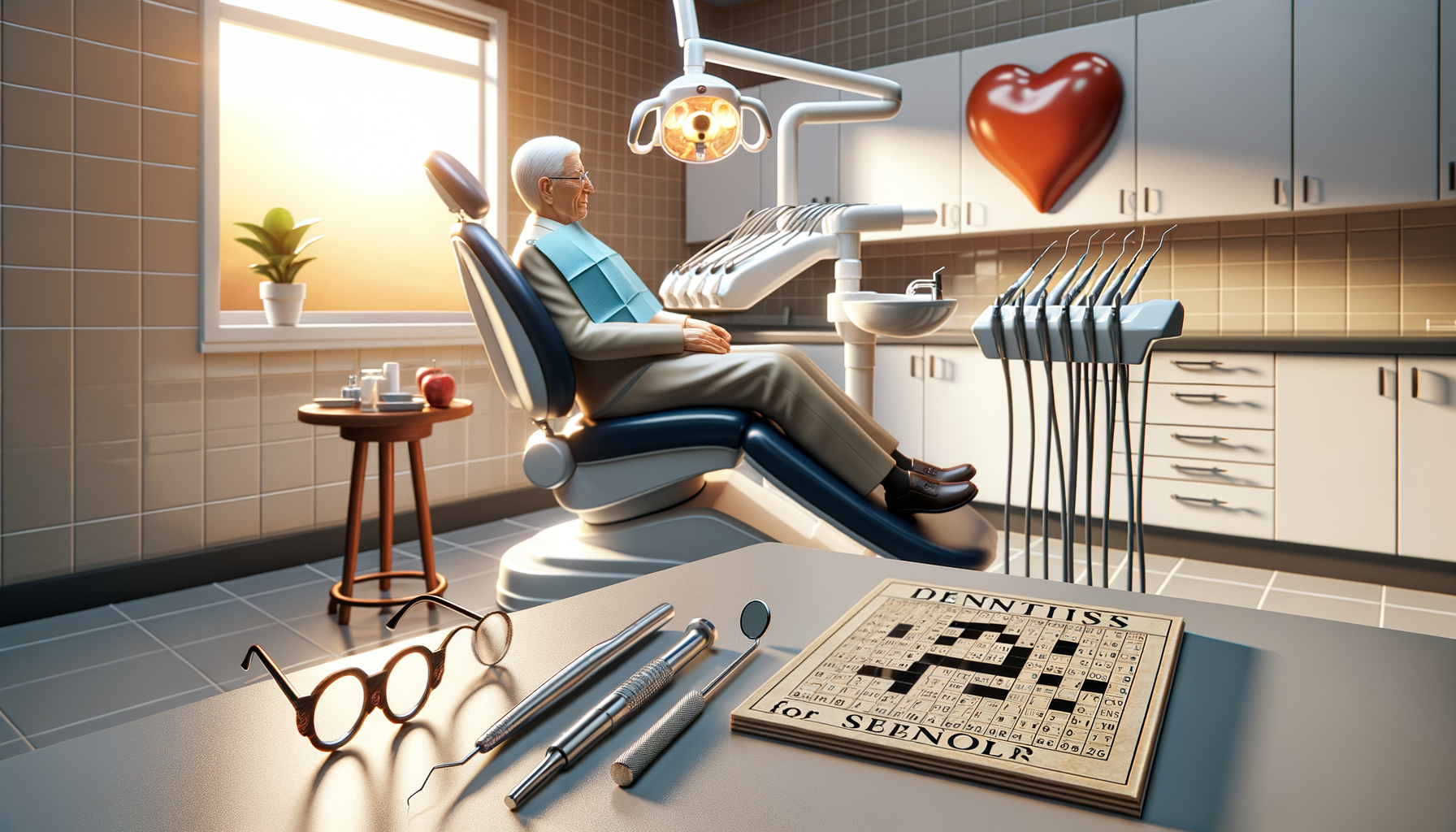
How to Find the Right Dentist for Older Adults
Understanding the Unique Dental Needs of Seniors
As we age, our dental needs evolve, requiring specific attention and care that differs from younger individuals. Seniors often face a range of dental challenges, including increased risk of gum disease, tooth decay, and oral cancer. Additionally, many older adults may have existing restorations like crowns or bridges that require maintenance or replacement. Understanding these unique needs is crucial when selecting a dentist for seniors.
Older adults are more likely to experience dry mouth, a condition that can be exacerbated by medications commonly prescribed for chronic conditions. This lack of saliva can lead to an increase in cavities and other oral health issues. Therefore, it’s important for a dentist to recognize these conditions and offer appropriate solutions, such as recommending saliva substitutes or adjusting oral hygiene routines.
Furthermore, mobility issues or cognitive impairments can make regular dental visits challenging for some seniors. A dentist who is sensitive to these issues and provides a comfortable and accommodating environment is essential. This might include offering flexible appointment times, wheelchair accessibility, and a patient-centered approach to care.
Factors to Consider When Choosing a Dentist for Seniors
When selecting a dentist for an older adult, there are several key factors to consider to ensure they receive the best possible care. One crucial aspect is the dentist’s experience and training in geriatric dentistry. This specialization ensures the dentist is knowledgeable about the specific oral health issues that affect seniors and can provide tailored treatment plans.
Another important consideration is the location and accessibility of the dental practice. For seniors with mobility challenges, a conveniently located dentist with easy access can make a significant difference. Additionally, practices that offer transportation services or are located near public transit options can be beneficial.
It’s also vital to consider the dentist’s approach to preventive care. Regular check-ups and cleanings are essential for maintaining oral health, and a dentist who emphasizes prevention can help seniors avoid more serious issues down the line. This includes educating patients on proper oral hygiene techniques and the importance of a balanced diet for oral health.
Building a Comfortable and Trusting Relationship
Establishing a trusting and comfortable relationship with a dentist is particularly important for seniors, who may have anxiety or apprehension about dental visits. A dentist who takes the time to communicate clearly and compassionately can help alleviate these concerns. This involves explaining procedures thoroughly and being patient with questions and concerns.
Moreover, a dentist who encourages family involvement can enhance the experience for seniors. Having a family member present during appointments can provide additional support and help ensure that the patient understands the treatment plan. This collaborative approach can lead to better health outcomes and a more positive experience overall.
Finally, it’s beneficial to choose a dentist who offers a variety of payment options and understands the complexities of dental insurance for seniors. This can include assistance with understanding Medicare and other insurance plans, ensuring that financial concerns do not become a barrier to receiving necessary dental care.


